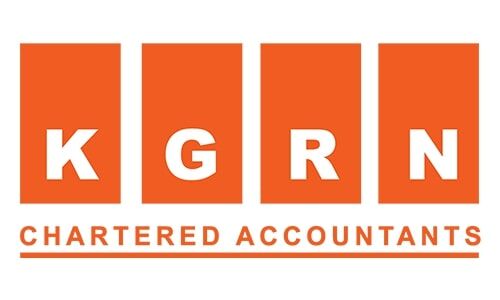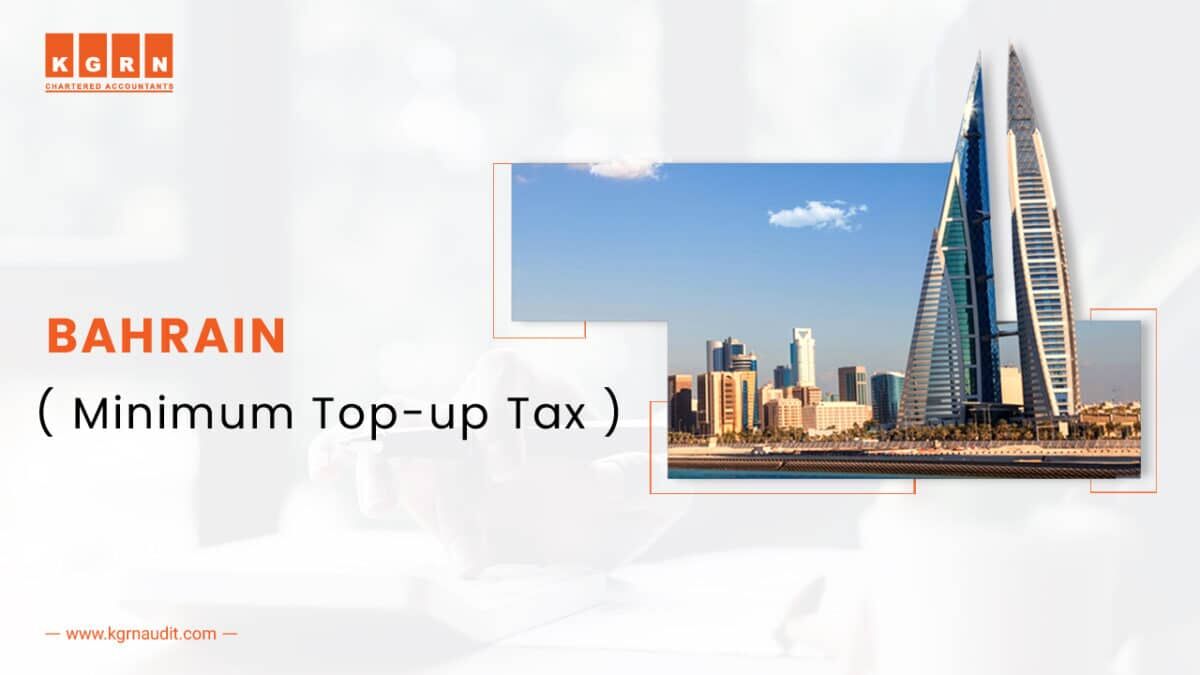Tax Alert! Bahrain to Introduce Domestic Minimum Top-up Tax for MNEs
On September 1, 2024, the Kingdom of Bahrain introduced the domestic minimum top-up tax (DMTT) for large multinational enterprises (MNEs), by releasing the Decree Law (11) of 2024.
Moreover, Bahrain becomes the first GCC country to introduce DMTT Law in compliance with Pillar 2 of the OECD’s Inclusive Framework.
The Significance
- Effective January 1, 2025, MNEs in Bahrain with a global annual revenue exceeding EUR 750 million in two of the last four fiscal years will be subject to Domestic Minimum Top-up Tax (DMTT).
- The MNEs in Bahrain must register with the National Bureau for Revenue of Bahrain in compliance with the DMTT Regulation to avoid penalties.
- According to Art. 35 of the Decree-Law No. (11) of 2024, any failure to register for tax purposes will be deemed as tax evasion, which is a criminal offense in Bahrain.
The Objectives
This DMTT Law in Bahrain is introduced to align with the Organization for Economic Cooperation and Development (OECD) Base Erosion Profit Shifting (BEPS) Pillar Two Project.
This regulation implements the global minimum tax of 15% on Bahrain Constituent Entities (CEs) of MNEs and incorporates provisions of Global Anti-Base Erosion Model Rules (GloBE rules).
Key Aspects
Scope: MNEs operating in Bahrain will be subject to DMTT if their income exceeds EUR 750 million. Standalone entities are considered as MNEs if there is one permanent establishment in another country.
Tax Period: Fiscal years for DMTT starts on or after 1 January 2025. The accounting period of the Ultimate Parent Entity (UPE) of the MNE Group is considered as the fiscal year.
Tax Calculation and Effective Tax Rate (ETR): The financial accounting net income or loss will be considered for the calculation of taxable income, which is subject to adjustments under the DMTT Law.
The ETR for CEs in Bahrain will be measured on a jurisdictional level, i.e. considering all Bahrain-based constituent entities within the MNE Group.
ETR = Adjusted Covered Taxes
Net CE Income
Excluded Entities: Excluded entities include government bodies, international organizations, non-profit organizations, pension funds, and certain investment funds & real estate investment entities. These excluded entities are requested to register for DMTT purposes, and their revenue will be considered when calculating the EUR 750 million threshold.
De Minimis Exclusion: The Constituent Entities may be eligible to apply the De Minimis Exclusion if they satisfy the following conditions:
- The average revenue of all CEs in Bahrain is below EUR 10 million
- The average income of all CEs in Bahrain is below EUR 1 million
Penalties: Strict administrative penalties will be imposed in case of fraud or non-compliance with DMTT regulations:
- The penalty of up to BHD 100,000 for failure to register or apply for registration with incorrect information.
- 1% per month of the unpaid tax per month will be imposed as a penalty for late tax payments.
- BHD 50,000 will be fined for offenses such as failure to maintain records or non-compliance with administrative requirements
- For late filing of Tax Returns, up to 30% of the tax due needs to be paid as a penalty
Violations such as tax evasion offenses are punishable. This might lead to 5 years of imprisonment and an additional penalty of up to triple the amount of tax due.
Implications
- Bahrain’s decision to introduce the DMTT shows its commitment to the OECD and its contribution to international alignment.
- The MNEs will be required to pay a minimum 15% tax on income generated in Bahrain. This allows Bahrain to withhold tax from Bahrain-sourced income and avoid taxation on such incomes by foreign governments.
- Businesses should determine their eligibility for the DMTT and perform the appropriate evaluation of impact.
- Businesses are required to estimate the impact of the new regulations on their financial statement tax provision requirements and monitor subsequent amendments.
The MNEs in Bahrain must plan ahead and be prepared for the upcoming Domestic Minimum Top-up Tax regulation as it could have a profound impact in terms of compliance and additional tax costs.
Since DMTT Law is aimed to be in line with the OECD Model Rules, there is a solid foundation for MNE groups to work on the impact assessment.
Are you looking for expert tax guidance and solutions? Our experts in KGRN Chartered Accountants provide you with the right tax solutions and help you stay ahead of the tax regulations.
Relevant Service: Tax Consulting Service Dubai

